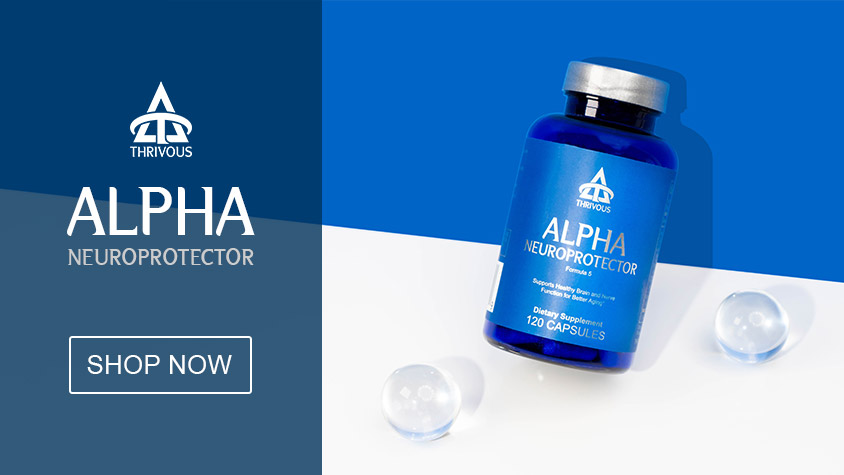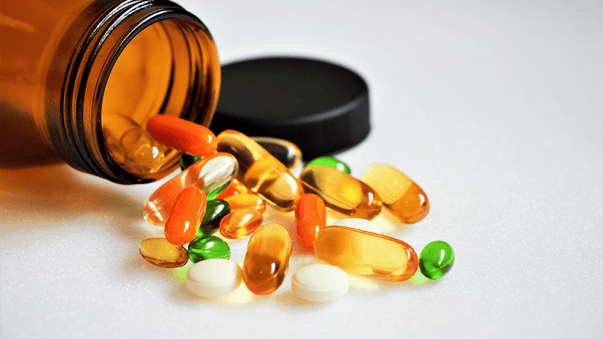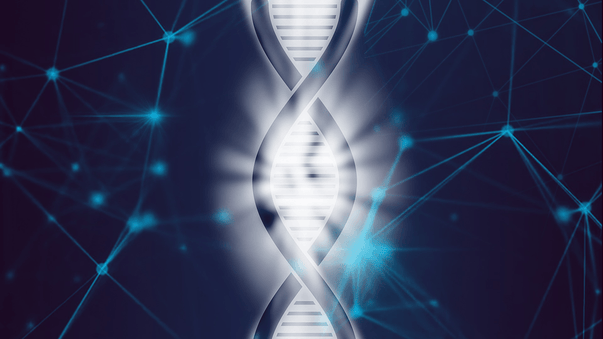You’re Probably not Getting Enough Choline

You’re probably not getting enough choline, according to a 2018 review of the scientific literature.[1] Published in Nutrition Today, the review essay combined the efforts of researchers at four different universities and three NGOs. It grew out of discussions at the 2018 Choline Science Summit in Washington, D.C. in February 2018.
Choline is an essential nutrient that plays a role in cell repair and proper function of the muscles, liver, and brain. Our bodies produce a small amount of choline, but in order to prevent deficiency we also need some from our food. Choline deficiency can cause liver damage and inhibit children’s brain development.
The National Academies of Medicine (NAM) usually sets its dietary guidelines by simply observing the intake of a nutrient in normal, healthy adults. That’s not a very scientifically rigorous way to set guidelines! Fortunately, the recommendations for choline were set based on actual experimental evidence. Back in 1991, scientists deprived a group of men of choline and then gradually brought their choline intake back up until the symptoms of deficiency went away.
From there, the NAM extrapolated recommendations for women and children and for different body weights. Pregnant and breastfeeding women need extra choline because they secrete it for their infants. The NAM guidelines are a little dated, but they’re better than most of the nutritional guidelines out there.
So how much choline do you need? Approximately 7 milligrams per kilogram of bodyweight, or about 425 milligrams per day for an average woman and 550 milligrams per day for an average man. Pregnant women need about 450 milligrams per day, and breastfeeding women need about 550 milligrams per day.
However, most preteens, teens, and adults fall far short of these adequate intake levels. The average intake for an American adult is about 300 milligrams per day. Only about 10% of adults and 8% of pregnant women get their adequate daily choline intake. The problem is worse for vegetarians, because most choline-rich foods are animal products. Vegetarians consume an average of 192 milligrams per day.
Recent research on choline mostly validates the NAM guidelines, though there are some genetic and hormonal factors we’re only now beginning to understand.
Researchers have confirmed that choline deficiency causes fatty liver disease in about half of premenopausal women, although the other half are protected by their higher levels of natural choline production due to their genetic makeup.
Pregnant women produce somewhat more natural choline due to higher estrogen levels during pregnancy, although they still need a lot of choline in their diet. Choline deficiency during pregnancy can cause birth defects like cleft palate and spina bifida, especially for mothers with certain genes. It can also cause placental inflammation and may increase the likelihood of the child developing stress-related diseases later in life.
Adequate choline intake, meanwhile, promotes brain health in both children and adults.
Children whose mothers take choline supplements exhibit faster reaction times and better attention, memory, and problem-solving at 4 and 7 years old. Human studies haven’t yet looked at whether these benefits persist later in life, but in animal studies the effects have been shown to be life-long.
In adults, adequate choline intake improves hand-eye coordination and memory, and it may help stave off age-related cognitive decline.
So how can you get more choline in your diet?
Liver, salmon, and eggs are among the richest sources of choline, with one egg providing 147 milligrams. For vegetarians, half a cup of soybeans contains choline levels similar to a chicken breast or steak—about 107 milligrams—and smaller amounts of choline can be found in shiitake mushrooms, red potatoes, kidney beans, and quinoa. A red baked potato nets you about 57 milligrams, but only if you eat the skin.
Choline is tough to find as a supplement, because choline salts are bulky. However, one powerful alternative is alpha-GPC. This supplement increases your body’s own ability to produce choline, and significantly increases levels of choline in the blood for about a 6-hour period.[2] Alpha-GPC has been shown to be a powerful nootropic, and much of its effect may be due to its promotion of choline.
Don’t overdo it, of course. The body can tolerate a lot of choline—about 3500 milligrams per day—but megadoses larger than that can be toxic. Abnormally high choline intake may also be a risk factor for cardiovascular diseases, though the evidence of this is weak. Consume choline in the recommended amounts, as part of a well-balanced diet, and in conjunction with exercise. As always, consult with a doctor before making radical dietary changes or taking new supplements.
References
[1] Wallace TC, et al. (2018). Choline: The Underconsumed and Underappreciated Essential Nutrient. Nutr Today, 53(6):240-253. doi: 10.10997/NT.0000000000000302.
[2] Gatti G, et al. (1992). A comparative study of free plasma choline levels following intramuscular administration of L-alpha-glycerylphosphorylcholine and citicoline in normal volunteers. Int J Clin Pharmacol Ther Toxicol, 30(9):331-335.
Editor Note
Thrivous develops Alpha Neuroprotector to enhance brain and nerve function for better aging. Alpha is an excellent source of choline. Each serving provides 300 mg of highly neuroavailable Alpha GPC, along with complementary nutrients. Alpha Neuroprotector is available to purchase now through the online Thrivous store.
More Articles
Read more articles at Thrivous, the human enhancement company. You can browse recent articles in Thrivous Views. See other Geroprotectors or Nootropics articles. Or check out an article below.
-
What's in Your Supplement? Is It Tested? Does It Work?
One important thing to look for in a supplement is a detailed ingredient list. My husband once ordered a mixed-ingredient ...
-
Human Gene Editing via CRISPR Is Coming
The cut-and-paste gene editing technology CRISPR continues to be on the front page news. CRISPR has been used to treat ...



